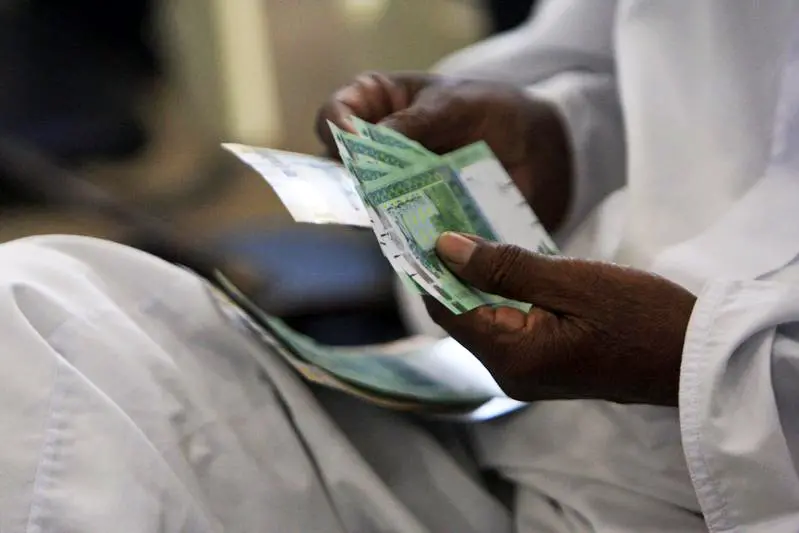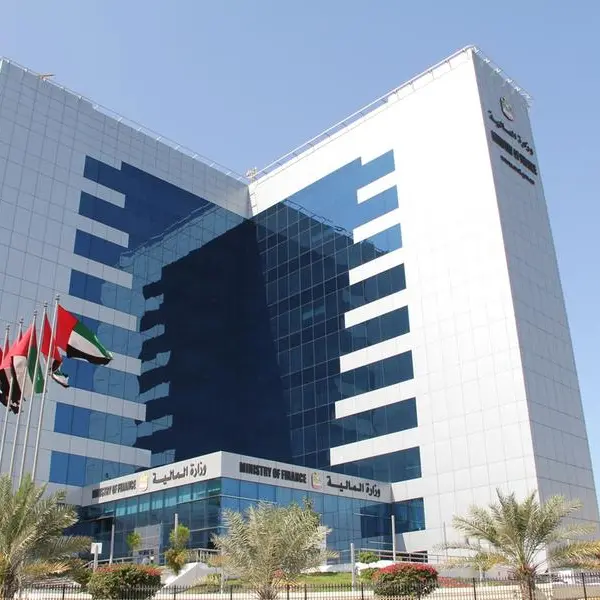PHOTO
KHARTOUM- Sudan's government and its businesses have begun introducing financial reforms and lobbying for new investment to revive the economy after Washington lifted 20-year-old trade sanctions earlier this month.
Sudan has suffered both from the sanctions and from the secession of the south in 2011, when it lost three-quarters of its oil output, its main source of foreign currency.
Now, Khartoum businessmen say they have begun closing deals with U.S. companies, and President Omar al-Bashir began a trip to Qatar, Kuwait and Saudi Arabia this week, seeking new markets for Sudanese exports and Arab investment in Sudan.
"We expect the sanctions decision to increase Sudan's agricultural and animal exports by 25 percent by the end of the coming year," said Wagdy Merghany, head of the Sudanese Exporters Union. "The lifting of the sanctions opens up new markets for Sudanese exports."
The central bank has also started pushing Sudan's banks to circulate U.S. dollars, to alleviate a shortage of foreign currency. Banks can now use U.S. dollars as required reserves and to conduct trade transactions, measures meant to rein in the informal currency exchange rate.
"What bothers us the most is the exchange rate in the parallel market, which has a negative effect on the banks, and so we work to attract the deposits of Sudanese expatriates," said Fady al-Faqeih, general manager of the Bank of Khartoum, one of Sudan's largest commercial banks.
The government puts annual transfers from Sudanese expats at $4 billion to $6 billion, most of which moves outside the banking system.
Sudanese authorities have also intensified a crackdown on black-market currency traders, including arrests, two traders told Reuters.
The Sudanese pound had weakened over the past year, hitting a record low of 22 pounds to the dollar on the black market on Tuesday. The central bank holds the official exchange rate at 6.7 pounds to the dollar.
The cheap pound contributed to surging inflation, which reached 35.13 percent in September year-on-year, up from 34.61 percent in August, according to the Central Statistics Office.
With unemployment estimated by the government at 19 percent, many hope that businesses re-entering Sudan will create badly needed jobs.
"The lifting of the sanctions is some of the best news we've heard in years," said Abduallah Hussein, an unemployed management graduate. "We expect it's going to lead to a fall in prices and improved healthcare and job opportunities."
(Reporting by Khalid Abdelaziz, writing by Nadine Awadalla, editing by Larry King) ((Nadine.Awadalla@thomsonreuters.com;))





















